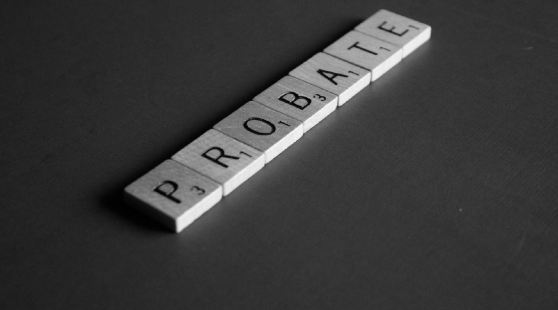
The insurance world can be confusing, so we’re here to lift the veil on one type of coverage that often leaves people scratching their heads: umbrella insurance. This supplementary insurance choice goes above and beyond your current policies, giving you that extra protection you didn’t even know you needed. So let’s clear the air by answering some of the most frequently asked questions about this coverage.
Do I really need umbrella insurance?
If you own a home, rent a place, or have significant assets like investments or retirement savings, umbrella insurance might be your new best friend.
What does an umbrella policy actually cover?
Umbrella insurance is designed to protect you from damages. It can help cover medical and related expenses if someone is injured on your property or due to your actions. It also offers a helping hand if you or a household member are held responsible for property damage.
What umbrella insurance won’t cover?
While umbrella coverage is a powerful ally, it does have limits. For example, it won’t cover injuries to you or your household members, damage to your personal property, criminal or intentional actions that cause harm, or any liability under a contract.
How much coverage should I get?
Although it’s tempting to play it safe, it’s generally wise to opt for more coverage than you think you need. To determine the right amount of coverage, consider the value of your assets, the liability limits of your existing coverage, and your personal risk level based on your occupation and lifestyle.
What information should I have handy when getting a quote?
When you’re ready to take the plunge, be prepared to share details about your vehicles, violations, existing insurance policies, properties, occupation, liability claims, and any civil or criminal charges you or your household may have faced.
Will umbrella insurance save me from a lawsuit?
One of the key benefits of this coverage is its ability to protect you from personal liability damages that could lead to a lawsuit. Umbrella insurance typically covers you in cases related to bodily injuries, property damage, or personal injury. But remember, there are exceptions and limits to this protection. For example, intentional harm won’t be covered, so make sure any damages are accidental to qualify for this coverage.





